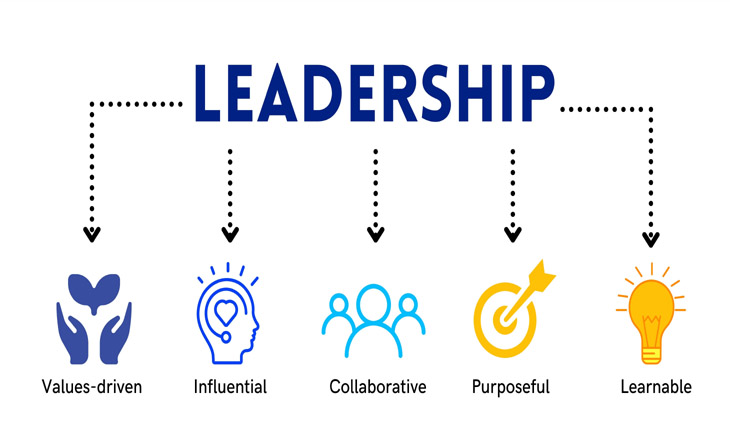In the realm of leadership training, courses that focus on emotional intelligence, effective communication, and strategic decision-making are often considered the best. Emotional intelligence helps leaders understand and manage their own emotions and those of their team members. Effective communication skills are crucial for conveying ideas and motivating others. Strategic decision-making courses help leaders navigate complex situations and make informed choices. These courses equip individuals with the necessary skills to lead effectively in various organizational settings. Best Courses for Leadership
Leaders who undergo training in emotional intelligence, effective communication, and strategic decision-making often emerge with a well-rounded skill set that enables them to inspire and guide their teams successfully. By mastering emotional intelligence, leaders can cultivate a supportive and collaborative work environment. Effective communication skills allow them to articulate their vision clearly and foster open dialogue within the organization. Furthermore, the ability to make strategic decisions empowers leaders to steer their teams towards achieving long-term goals and adapting to changing circumstances. Overall, these training courses play a pivotal role in shaping competent and influential leaders across diverse industries.
These leadership training courses not only benefit individual leaders but also have a positive impact on organizational culture and performance. When leaders possess strong emotional intelligence, communication, and decision-making skills, they can inspire trust and loyalty among team members, leading to increased employee engagement and productivity. Additionally, fostering a culture of open communication and strategic thinking can enhance teamwork, innovation, and adaptability within the organization, ultimately driving overall success and growth. Organizations that invest in developing these leadership competencies can create a more resilient and high-performing workforce capable of navigating challenges and seizing opportunities in today’s rapidly evolving business landscape. Best Courses for Leadership
Course Objectives
Upon completing this Leadership Development Training Program successfully, participants will be able to:
- Recognise the true leadership and management qualities
- Understand how to display attributes of a leader in front of a team
- Develop individual actions of leadership
- Improve your decision-making abilities
- Manage others, yourself, and your work environment
- Understand the importance of interpersonal skills in good leadership
- Learn different leadership styles
- Understand how to give feedback to others as a leader
What is Leadership ?
Leadership is the ability to inspire and guide others towards a common goal. Effective leaders exhibit qualities such as vision, communication skills, and the ability to motivate their team. They lead by example and make decisions that benefit the group as a whole. Leadership involves understanding the strengths and weaknesses of team members and empowering them to achieve their full potential.
Leadership also entails fostering a positive work environment where team members feel valued and supported. Effective leaders are able to provide constructive feedback, recognize achievements, and address challenges in a collaborative manner. By demonstrating empathy and listening to the needs of their team, leaders can build trust and loyalty, ultimately driving success towards achieving organizational objectives.
Furthermore, leadership encompasses the ability to adapt to change and navigate through uncertain situations with resilience and a clear sense of direction. Strong leaders are able to stay composed under pressure, make tough decisions when necessary, and inspire confidence in their team during times of uncertainty. By fostering a culture of continuous learning and innovation, leaders can position their teams for long-term success and growth in an ever-evolving business landscape.
In addition, effective leaders prioritize transparency and open communication within their teams. By fostering an environment where team members feel comfortable sharing ideas and concerns, leaders can cultivate a culture of collaboration and creativity. Encouraging open dialogue and providing opportunities for feedback not only strengthens team cohesion but also leads to better problem-solving and decision-making processes. This inclusive approach to leadership helps create a sense of ownership and accountability among team members, driving overall performance and success. Best Courses for Leadership

